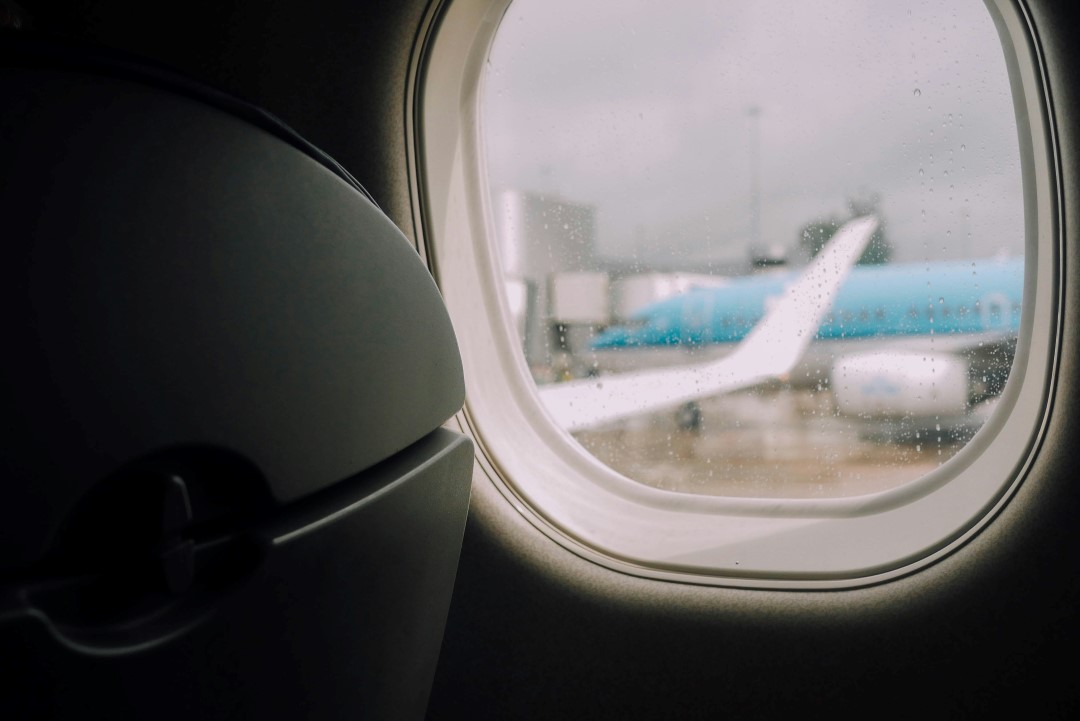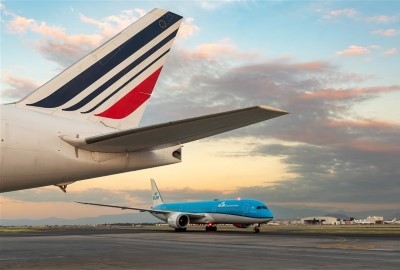IATA’s Hemant Mistry: aviation needs a SAF accounting framework
“The production of Sustainable Aviation Fuel is increasing. We hope that SAF will be 6% of renewable fuels in 2024, which should get us to SAF representing 0.5% of total jet fuel”, said Hemant Mistry, IATA’s Director of Energy Transition, responding to the latest developments in SAF fuel production and usage in aviation.

According to Mistry, incentivizing the scaling up of SAF production should be a primary focus. Promoting the diversification of feedstocks is an essential element of any good policy. “We need to leverage all SAF technologies to provide diversification and regional options, including those with side benefits, such as environmental restoration,” says Mistry.
SAF accounting framework needed
According to the IATA executive, aviation needs a SAF accounting framework. Such a framework offers many benefits for the aviation sector, including enabling efficient SAF production, stimulating uptake in regions with insufficient demand, minimizing logistical costs, and expanding the customer base.
Policy support for this framework is crucial, with governments worldwide targeting net-zero aviation by 2050. Mandates, especially in the European Union, encourage the scaling up of SAF production. Diversifying feedstocks is pivotal, with various certified pathways like Alcohol-to-Jet (AtJ) and Fischer-Tropsch (FT) offering alternatives to the predominant hydrotreatment pathway.
Mistry underscores the need for a universal set of rules through the SAF accounting framework. This framework will prevent errors and fraud and ensure a transparent and traceable supply chain, which is vital for meeting emissions reduction goals.


